Filter by
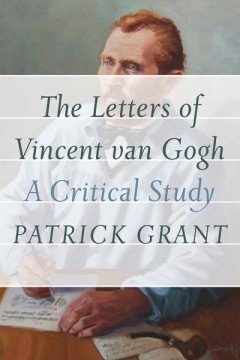
The Letters of Vincent van Gogh A Critical Study
When he died at the age of thirty-seven, Vincent van Gogh left a legacy of over two thousand artworks, for which he is now justly famous. But van Gogh was also a prodigious writer of letters—more than eight hundred of them, addressed to his parents, to friends such as Paul Gauguin, and, above all, to his brother Theo. His letters have long been admired for their exceptional literary quality, …
- Edition
- -
- ISBN/ISSN
- 9781927356746.01
- Collation
- -
- Series Title
- Cultural Dialectics
- Call Number
- 254 pages
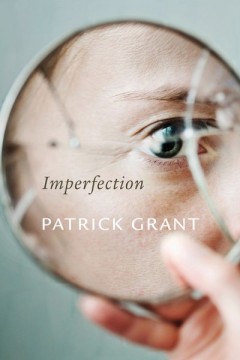
Imperfection
Known for his exploration of the relationship between Buddhism and violent ethnic conflict in modern Sri Lanka, as well as his contribution to the study of Northern Ireland and the complex relationships among religion, literature, and ethnicity, Grant provides the reader with an analysis of the widespread rise of religious extremism across the globe. Referencing Plato, Van Gogh, Jesus, and the …
- Edition
- -
- ISBN/ISSN
- 9781926836751.01
- Collation
- -
- Series Title
- Cultural Dialectics
- Call Number
- 240 pages
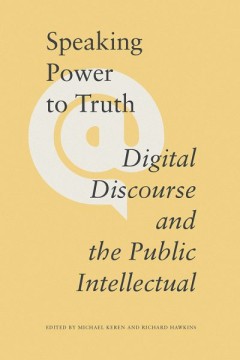
Speaking Power to Truth Digital Discourse and the Public Intellectual
Casting doubt on the assertion that online discourse, with its proliferation of voices, will somehow yield collective wisdom, Speaking Power to Truth raises concerns that this wealth of digitally enabled commentary is, in fact, too often bereft of the hallmarks of intellectual discourse: an epistemological framework and the provision of evidence to substantiate claims. Instead, the pursuit of t…
- Edition
- -
- ISBN/ISSN
- 9781771990332.01
- Collation
- -
- Series Title
- -
- Call Number
- 216 pages
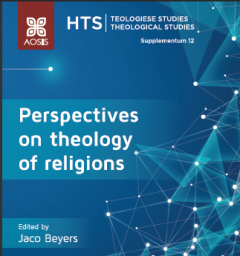
Perspectives on theology of religions
In the public theology discourse, the concept ‘public square’ has become significant. In today’s multicultural and globalised world it is inevitable that people with different religious affiliations will encounter one another in the public square. ‘Public theology’ cannot but become ‘theology of religions’. Scholars in the field of religion studies are compelled to reflect theolog…
- Edition
- -
- ISBN/ISSN
- 1-928396-37-6
- Collation
- -
- Series Title
- -
- Call Number
- 202 PER
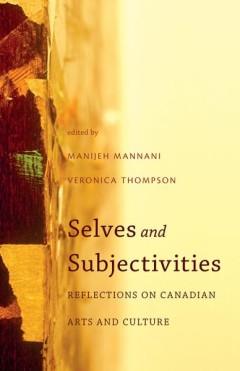
Selves and Subjectivities Reflections on Canadian Arts and Culture
Long a topic of intricate political and social debate, Canadian identity has come to be understood as fragmented, amorphous, and unstable, a multifaceted and contested space only tenuously linked to traditional concepts of the nation. As Canadians, we are endlessly defining ourselves, seeking to locate our sense of self in relation to some Other. By examining how writers and performers have con…
- Edition
- -
- ISBN/ISSN
- 9781926836492.01
- Collation
- -
- Series Title
- -
- Call Number
- 275 pages
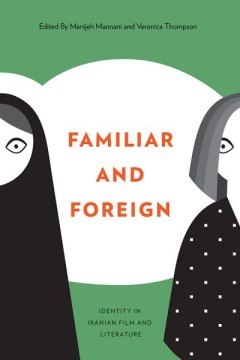
Familiar and Foreign Identity in Iranian Film and Literature
Challenging neocolonialist stereotypes, these critical excursions into Iranian literature and film reveal the limitations of collective identity as it has been configured within and outside of Iran. Through the examination of works by, among others, the iconic female poet Forugh Farrokhzad, the expatriate author Goli Taraqqi, the controversial memoirist Azar Nafisi, and the graphic novelist Mar…
- Edition
- -
- ISBN/ISSN
- 9781927356869.01
- Collation
- -
- Series Title
- -
- Call Number
- 272 pages
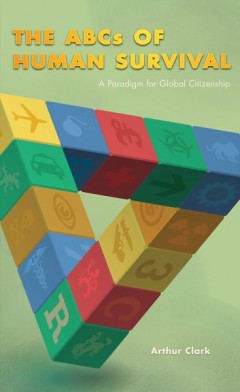
ABCs of Human Survival A Paradigm for Global Citizenship
The ABCs of Human Survival examines the effect of militant nationalism and the lawlessness of powerful states on the well-being of individuals and local communities―and the essential role of global citizenship within that dynamic. Based on the analysis of world events, Dr. Arthur Clark presents militant nationalism as a pathological pattern of thinking that threatens our security, while empha…
- Edition
- -
- ISBN/ISSN
- 9781897425688.01
- Collation
- -
- Series Title
- -
- Call Number
- 280 pages
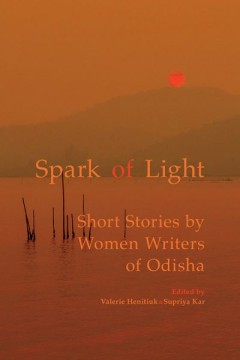
Spark of Light Short Stories by Women Writers of Odisha
In the often shadowy and grim world depicted in this collection, themes of class, poverty, violence, and family are developed. Together they form a critique of social mores and illuminate the difficult lives of the subaltern in Odisha society. The work of these authors contributes to an ongoing dialogue concerning the challenges, hardships, joys, and successes experienced by women around the wo…
- Edition
- -
- ISBN/ISSN
- 9781771991674.01
- Collation
- -
- Series Title
- Mingling Voices
- Call Number
- 264 pages
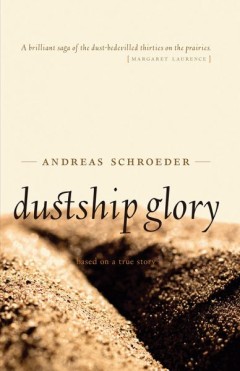
Dustship Glory
In this new edition of a prairie classic, Andreas Schroeder fictionalizes the true story of Tom Sukanen’s wild scheme to build an ocean-going ship in the middle of a wheat field in Saskatchewan. Set during the hardships of the “Dirty Thirties,” Dustship Glory presents us with Sukanen’s mythic effort to escape both the drought and pestilence of his time, as well as his own personal strug…
- Edition
- -
- ISBN/ISSN
- 9781926836225.01
- Collation
- -
- Series Title
- -
- Call Number
- 276 pages
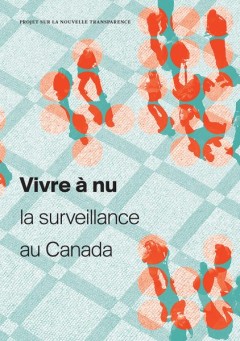
Vivre à nu La surveillance au Canada
Vivre à nu est l’œuvre d’une équipe de recherche multidisciplinaire et explique comment la surveillance s’accroît – pratiquement sans que personne y porte attention – dans toutes les sphères de notre vie. En analysant les principaux moyens employés par le secteur public et le secteur privé pour recueillir, faire le suivi, analyser et échanger des renseignements au sujet des ci…
- Edition
- -
- ISBN/ISSN
- 9781927356838.01
- Collation
- -
- Series Title
- -
- Call Number
- 287 pages
 Computer Science, Information & General Works
Computer Science, Information & General Works  Philosophy & Psychology
Philosophy & Psychology  Religion
Religion  Social Sciences
Social Sciences  Language
Language  Pure Science
Pure Science  Applied Sciences
Applied Sciences  Art & Recreation
Art & Recreation  Literature
Literature  History & Geography
History & Geography